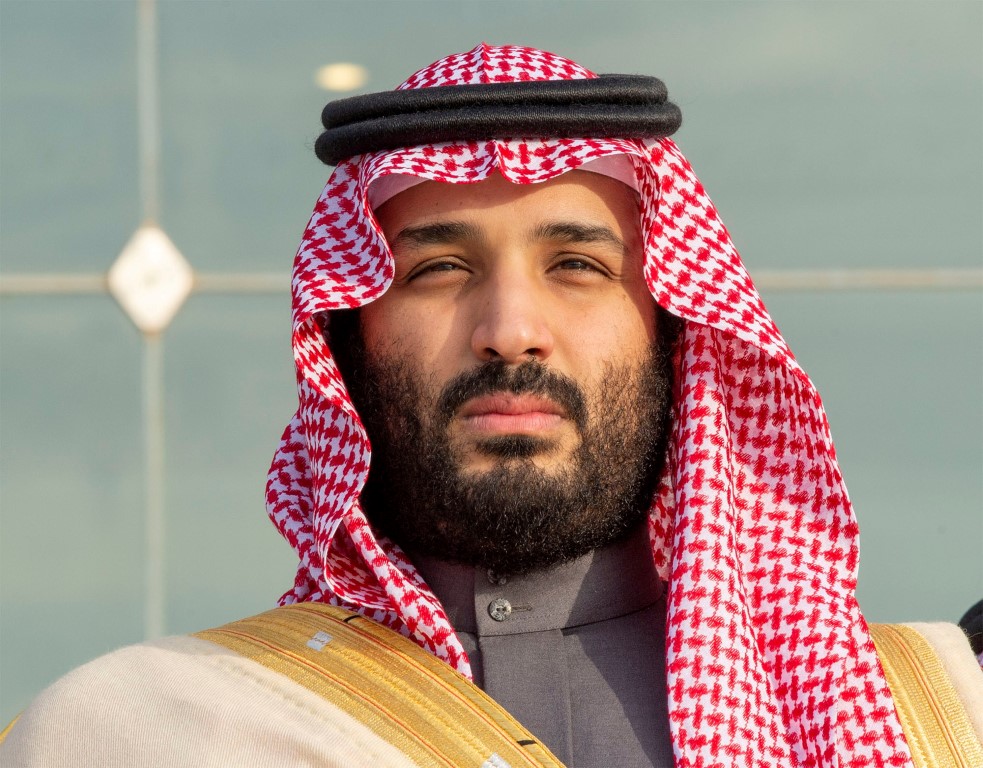
US President Joe Biden's actions in the first weeks of his administration appear aimed at fulfilling campaign promises to realign Saudi ties after critics accused his predecessor, Donald Trump, of giving the Arab ally and major oil producer a pass on gross human rights violations.
A senior Biden administration official, speaking on condition of anonymity, said the approach aims to create a new launching-off point for ties with the kingdom without breaking a core relationship in the Middle East. Relations have been severely strained for years by the war in Yemen and the killing inside a Saudi consulate of Khashoggi, a US resident who wrote columns for the Washington Post critical of the crown prince's policies.
Importantly, the decisions appear designed to preserve a working relationship with the crown prince, the kingdom's de facto leader, even though US intelligence concluded that he approved the operation to capture or kill Khashoggi.
"The aim is a recalibration (in ties) - not a rupture. That's because of the important interests that we do share," the senior Biden administration official said.

The US Treasury Department placed sanctions on the former deputy Saudi intelligence chief, Ahmed al-Asiri, and announced a sanctions designation on the Saudi Royal Guard's rapid intervention force, or RIF.
The RIF was singled out in the declassified US intelligence report for its role in Khashoggi's killing.
The move freezes any US assets that the Saudi individuals held and generally bars Americans from dealing with them.
"Those involved in the abhorrent killing of Jamal Khashoggi must be held accountable," Treasury Secretary Janet Yellen said in a statement.
The United States also announced visa restrictions against 76 Saudi citizens as part of a new policy aimed at nations that carry out activities against journalists and dissidents beyond their borders. Such activities include efforts to suppress, harass, surveil, threaten or harm them.
The visa ban will also be selectively applied to family members, officials said.
"As a matter of safety for all within our borders, perpetrators targeting perceived dissidents on behalf of any foreign government should not be permitted to reach American soil," Secretary of State Anthony Blinken said in a statement.
A second US official noted that, although Saudi citizens were named in the first use of what the State Department called the "Khashoggi Ban" on visas, "it's really a new global tool."
Additionally, the US State Department said it will start documenting in its annual human rights report any programs by Saudi Arabia and other countries that monitor, harass or target dissidents and journalists.
Riyadh eventually admitted that Khashoggi was killed in a “rogue” extradition operation gone wrong, but it denied any involvement by the crown prince. Five men given the death penalty for the murder had their sentences commuted to 20 years in prison after being forgiven by Khashoggi’s family.
Biden administration officials say the decisions on sanctions and visa bans will send a clear message about how the United States wants to see the future US-Saudi relationship.
US Defense Secretary Lloyd Austin has already held talks with the 35-year-old crown prince.
Asked about any debate about applying sanctions against the crown prince, the first US official said that the United States has not generally applied sanctions "on the highest leadership of countries."
"We really (came to) the unanimous conclusion that there's just other, more effective means to dealing with these issues going forward," the official said.
Biden earlier this month declared a halt to US support for a Saudi Arabia-led military campaign in Yemen, demanding that the more than six-year war, widely seen as a proxy conflict between Saudi Arabia and Iran, had to end.












